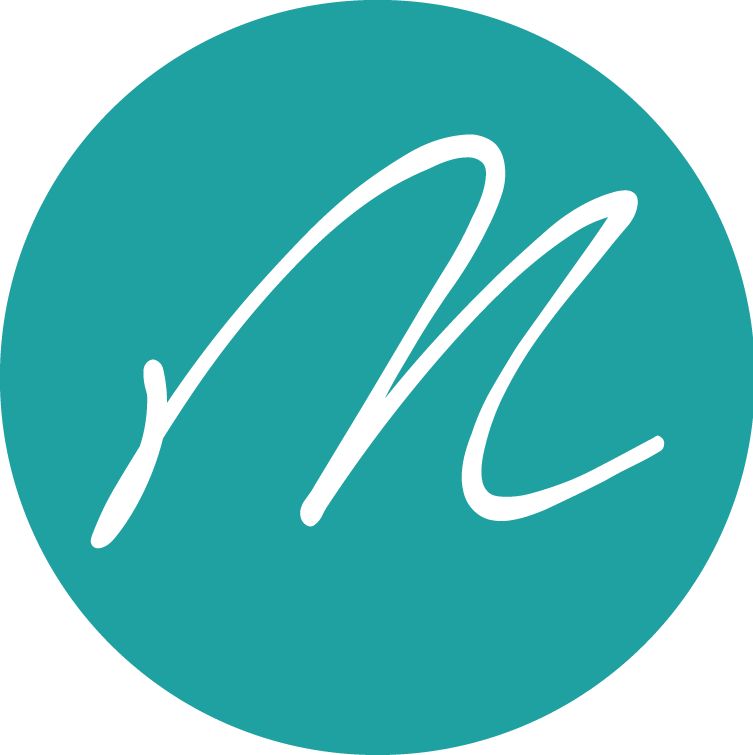
Auditor-General Kimi Makwetu reflects on some of the key issues that were highlighted at the Securities Exchange (SEC) in 2002 during the Enron debacle to draw lessons for the troubles audit profession in South Africa.
The events of the past nine months or so have tested the mettle and resilience of our country, our capital markets, and our industry. The investing public’s confidence in our industry is critical; without it we have no audit profession.
The events of the last while require calm, reflective thought, and the capacity to differentiate between those issues that are prominent because they are important and those whose seeming importance derives from their prominence.
I am certain that most of us learnt a great deal from these tragic events that have culminated in thousands of innocent employees losing their jobs or moved elsewhere against their will, capital markets going down, and numerous innocent people losing their life’s savings. When a crisis hits, the stakes are unquestionably high and I wish we could undo these events, but we can’t. As the old maxim goes, ‘we must learn from history or be doomed to repeat it’.
Integrity as a cornerstone of our profession
Stephen Carter, well-known American academic and best-selling novelist, writing in his book Integrity, suggests that integrity is like the weather: ‘everybody talks about it, but nobody knows what to do about it’. It’s that stuff we always say we want more of. He posits that it requires three steps: (1) discerning what is right and what is wrong; (2) acting on what you have discerned; and (3) saying openly that you are acting on your understanding of right from wrong. These are some of the most immediate questions and tasks that the profession must address. Our work is about integrity, without which its content and messages will ring hollow.
Another critical aspect that our industry must contend with, and which can be linked to this, is the fundamental question of ‘professional/profession’. The defining qualifications of professionals are not necessarily our education and training – although these are important elements, but it is our judgement and integrity and the duty of care that we apply to our jobs that are critical.
Some of the challenges confronting us today were identified in Horizons of a profession by Robert Roy and James MacNeill in the late 1960s. They argued that the following aspects were critical in the profession:
- When to speak out, when to be silent.
- How to say or write that which is necessary but awkward. c) Courage to face up to the need for doing so.
- Talent to be firm yet diplomatic.
- Imagination to see beneath and beyond the surface.
- Perceptivity not only for what has happened but also for what may happen. g) Constancy in ethical behaviour.
- Sagacity to avoid errors of omission as well as those of commission.
These and other similar attributes are qualities – not definable as knowledge but inherent in individuals – making a person a professional and not a mere technician.
Public interest considerations
The public cannot be served if professionals who serve as gatekeepers merely follow the letter of the law, but not necessarily its spirit. We need to move away from wooden, rigid literalism and encourage all upon whom the present system depends to adopt a bias in favour of the needs of the investing public.
In charting a way forward, it is imperative for us all to show our ability to put aside our competitive instincts and pull together to make our industry work. To do so, we will have to ask political leaders to provide unvarnished support for the efforts that we will undertake.
Communication remains a key pillar of our efforts as we call on our government, industry regulator and industry leaders to work together to respond quickly and effectively to our problems. It is equally important to focus on real problems by working cooperatively and come up with rational responses.
Indeed, it is incumbent upon us all to impose the highest ethical standards and most demanding competence requirements – and these must come from us and be enforced vigorously by all of us. As a profession, let us seek to ensure that accountants and auditors not only comply with the law, but also exceed it by conforming to the highest ethical and competence standards.
All of this can be done. As we embark on a renewal journey through, among others, deliberations, I have no doubt that these will inform and trigger other stakeholders’ interactions. The centre of the universe must be the practising professionals, which is the only reason the renewal journey is necessary.
Kimi Makwetu is the Auditor-General of South Africa
